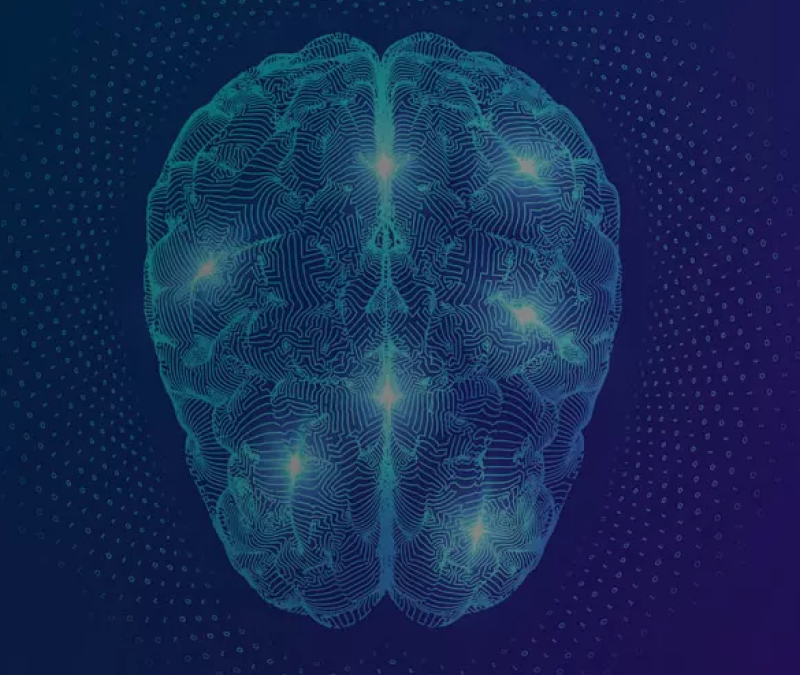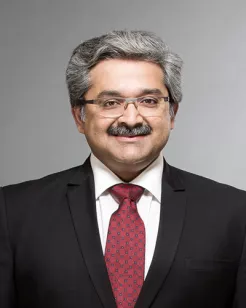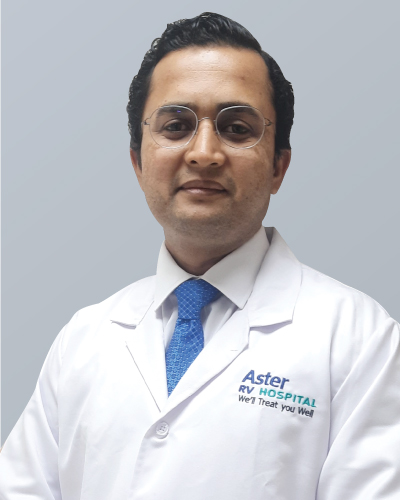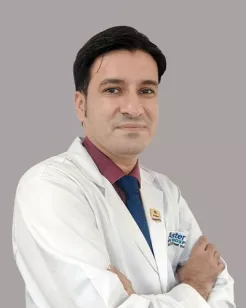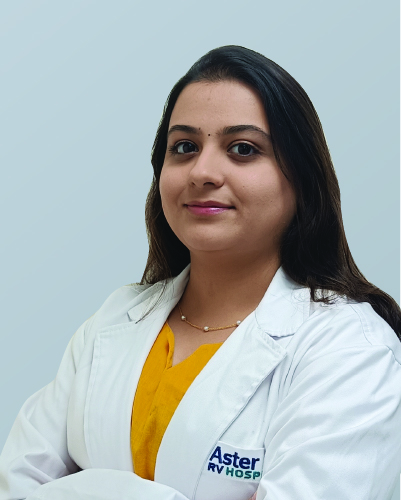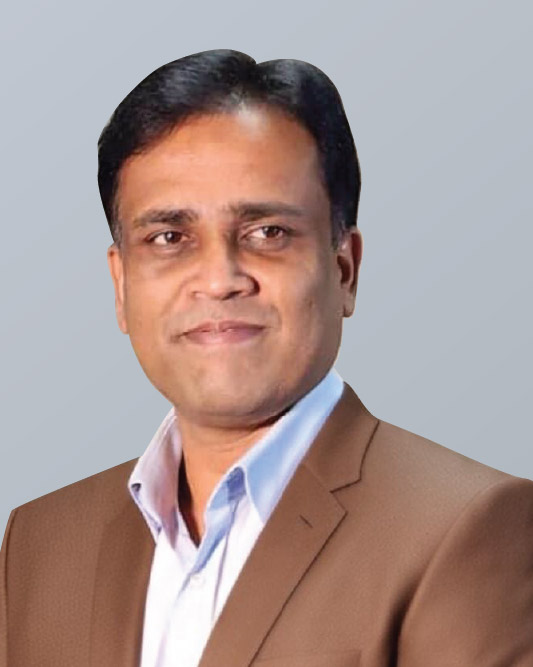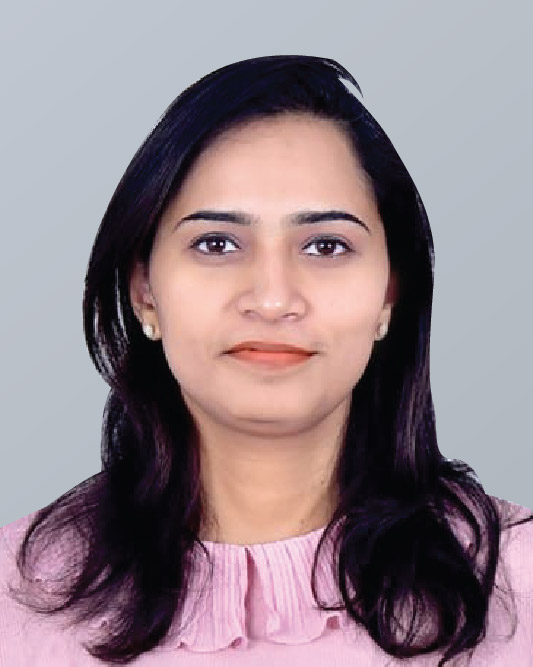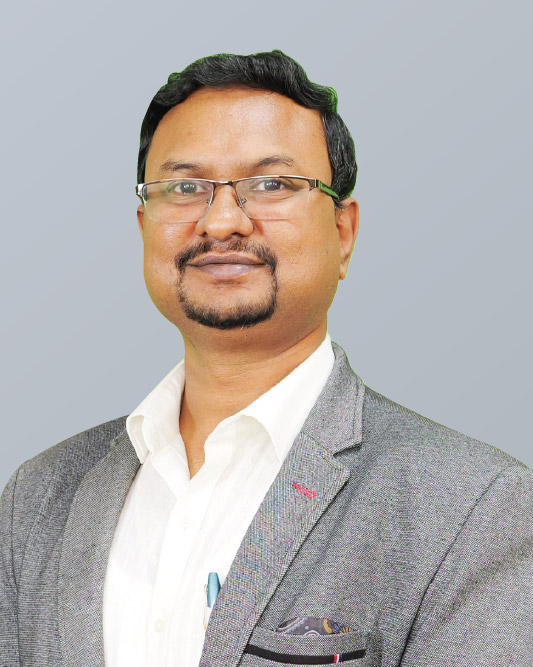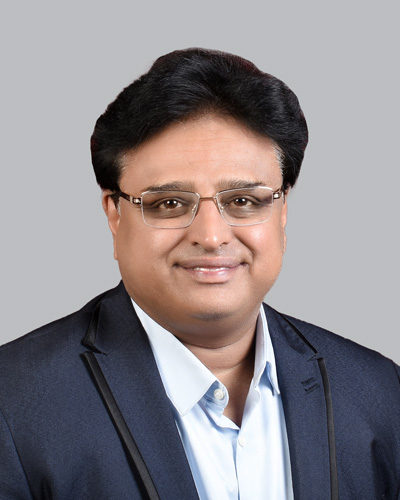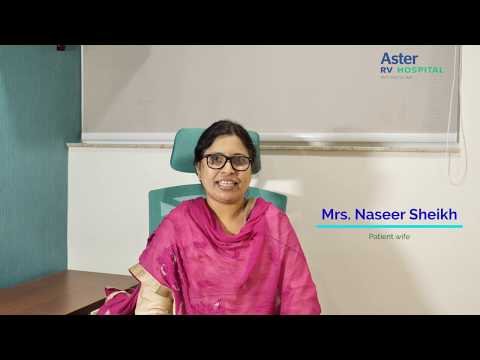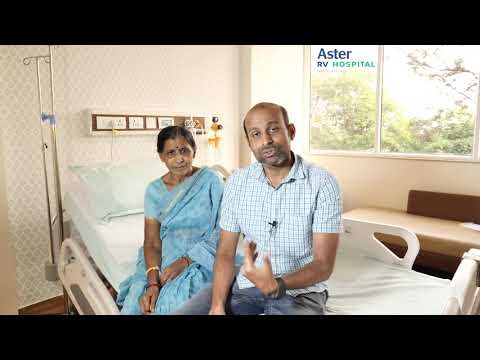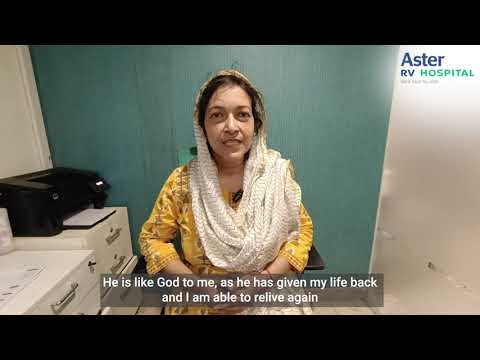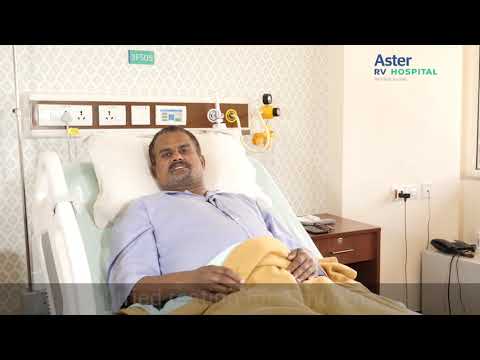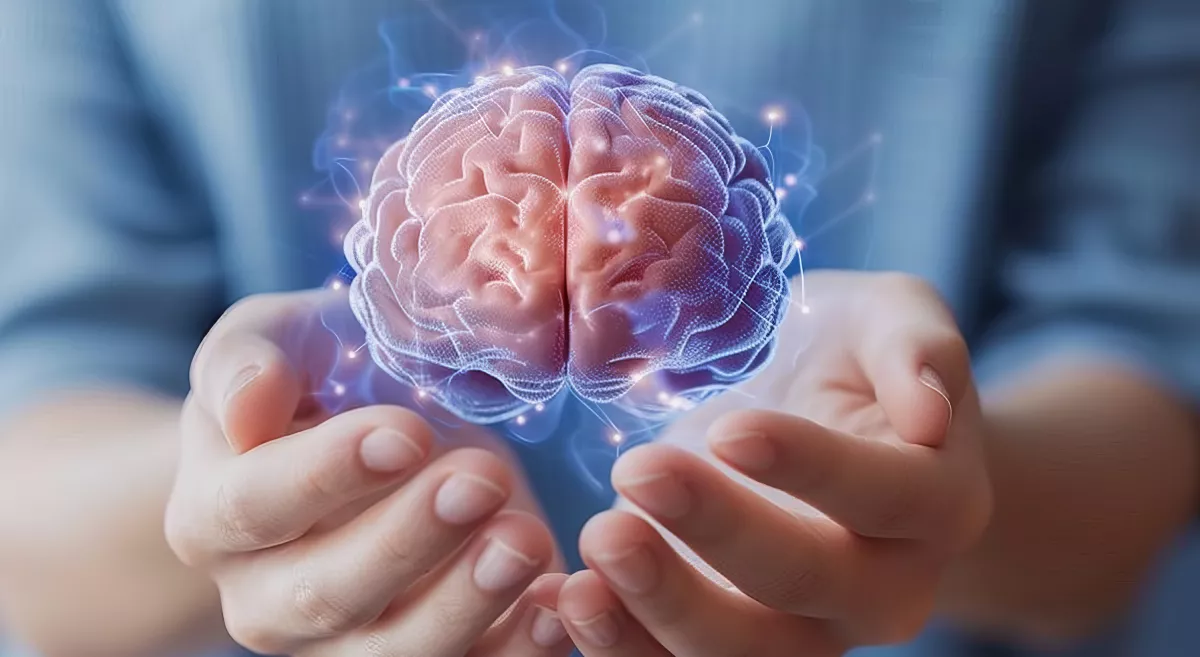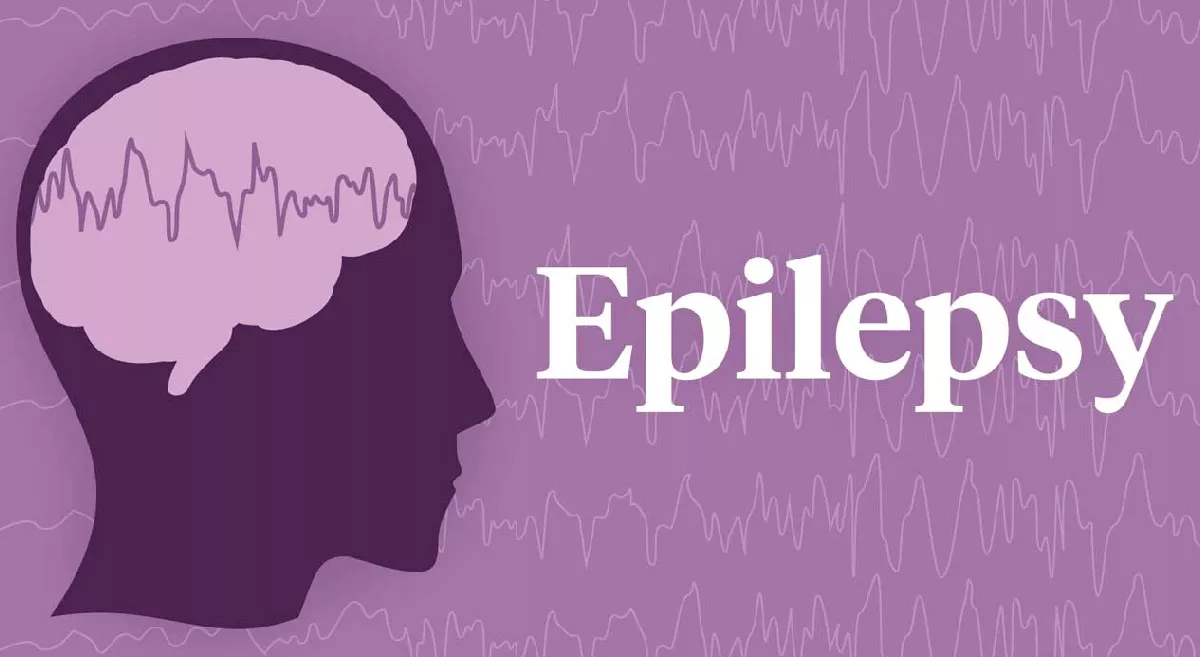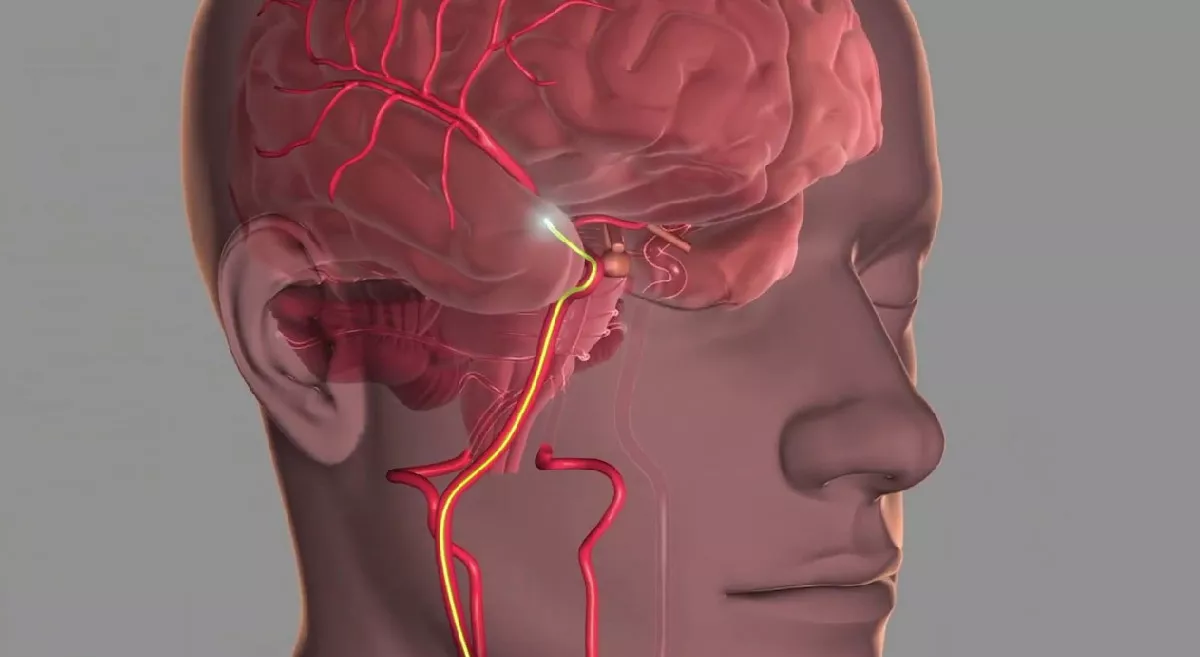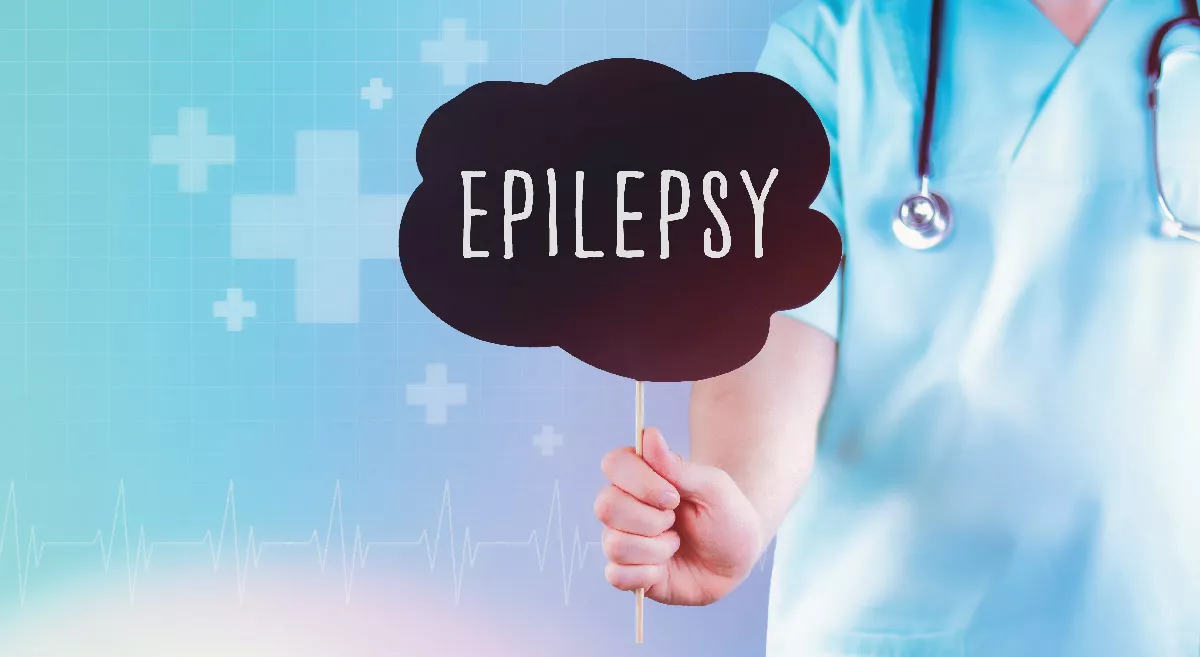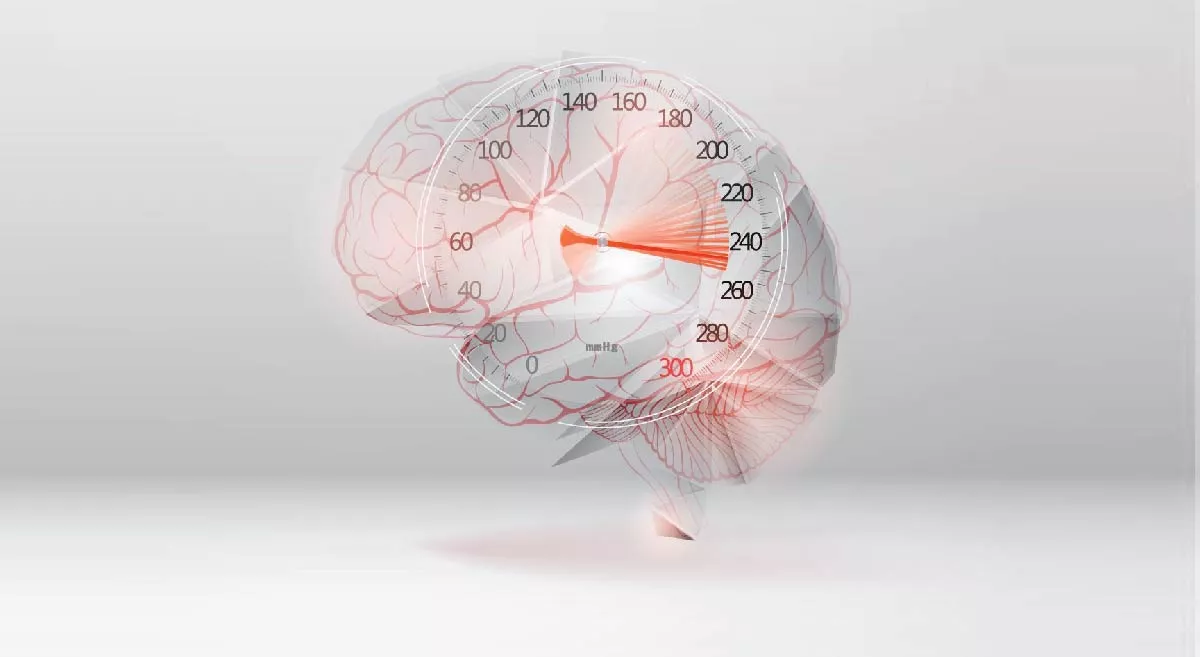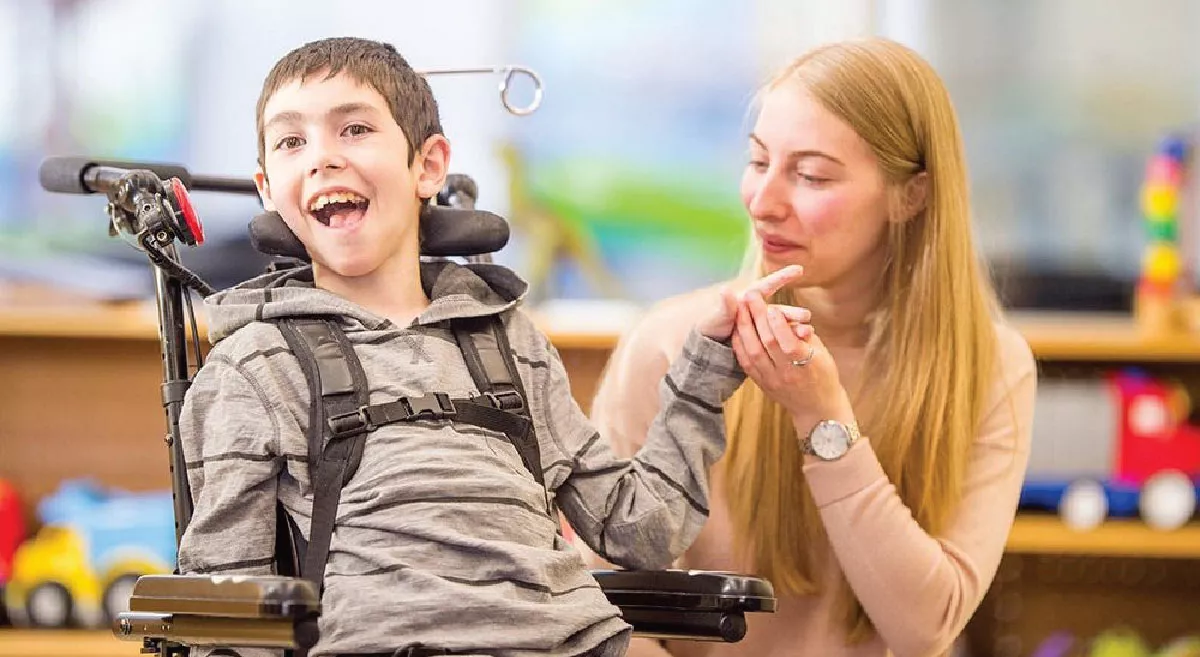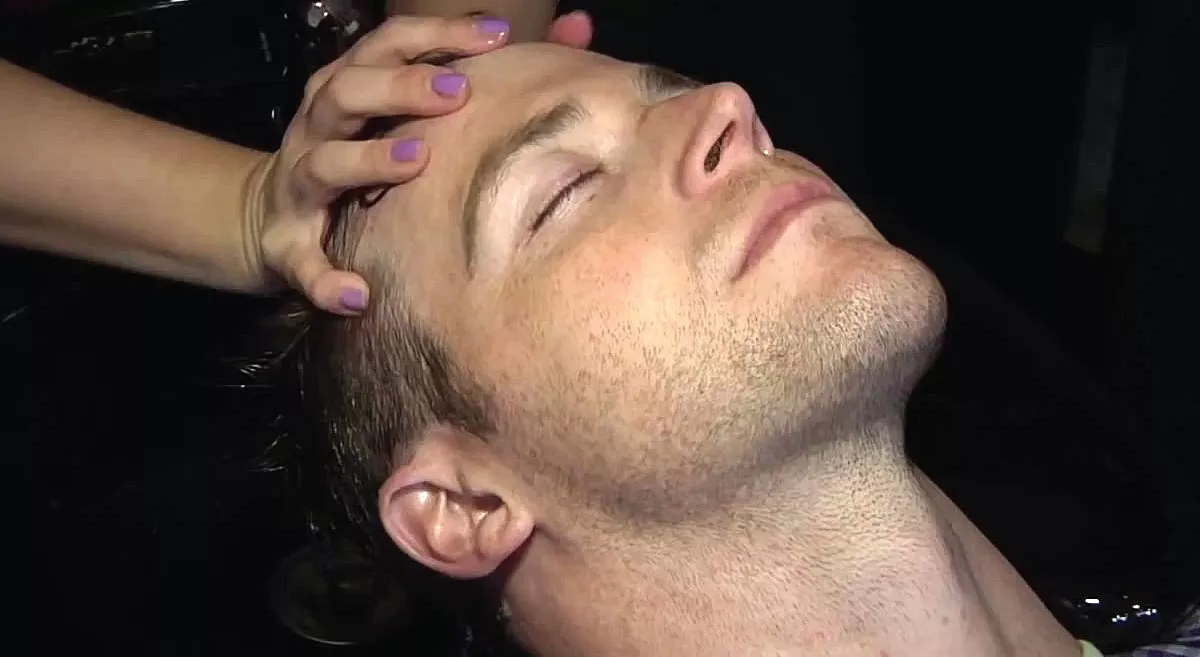Advanced Centre for Neurosciences & also one of the best neurology hospital in J.P Nagar, Bangalore - Aster RV hospital, comprises top neurologists, neurosurgeons,neuroanaesthesists and interventional neuroradiologist in Bangalore, providing a holistic care round the clock, catering to a wide range of ailments related to brain, spine and peripheral nervous system like stroke, epilepsy, demyelination, trauma, brain tumours, aneurysm, brain infections, hydrocephalus, prolapsed disc, listhesis, brachial plexus injuries, carpal tunnel syndrome etc.
The department has top, trained super specialists with vast experience and are ably aided by state of the art technology like IOMRI, Neuronavigation, 3-D C-Arm, Video EEG, Intra op Neuromonitoring, Hybrid Cath lab, 3 Tesla MRI to provide the best, safest and the latest form of treatment to patients.
Our Specialities
Through our 25+ specialities, we provide in-depth expertise in the spectrum of advance medical and surgical interventions. Our specialties are integrated to provide a seamless experience.
Advanced Technology & Facilities
Well equipped with the latest medical equipment, modern technology & infrastructure, Aster Hospital is one of the best hospitals in India.
Patient Stories
Our patients are our best advocates, hear the inspiring stories of their treatment journey
Blogs
The source of trustworthy health and medical information. Through this section, we provide research-based health information, and all that is happening in Aster Hospital.

